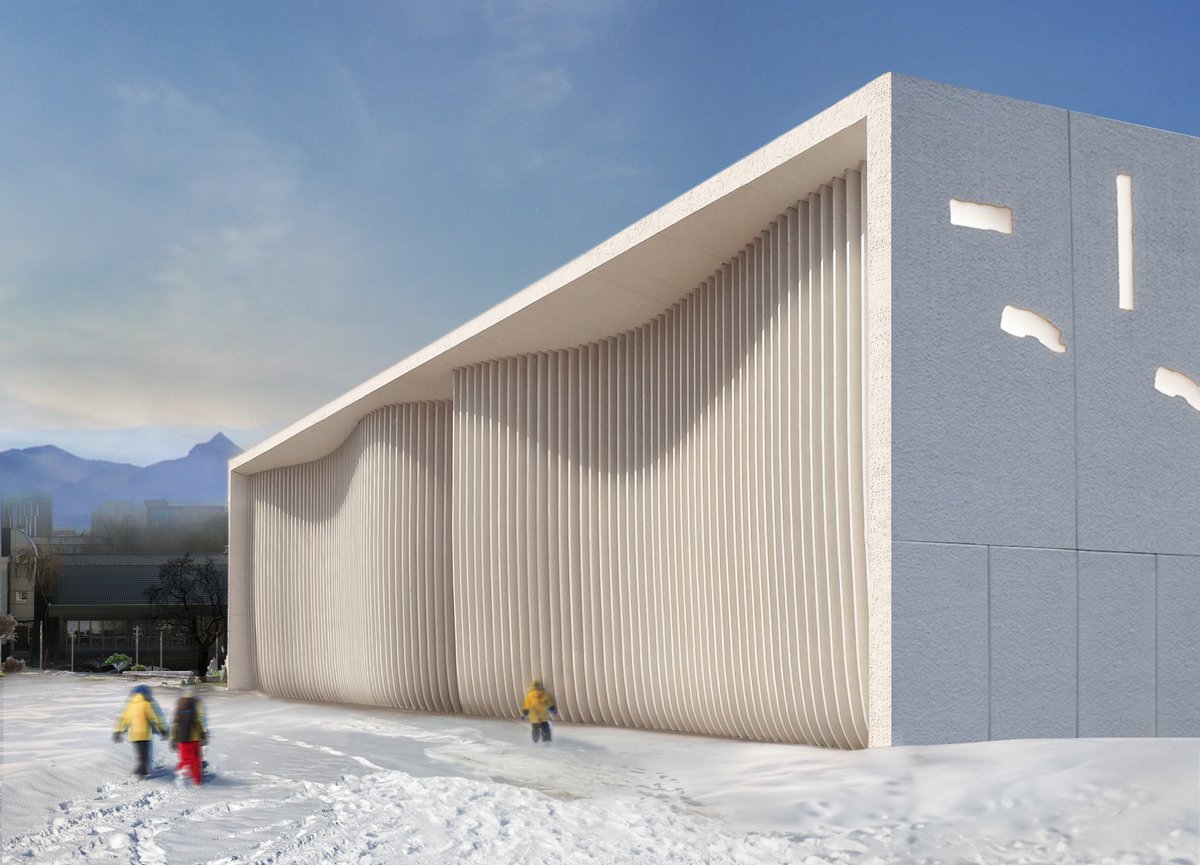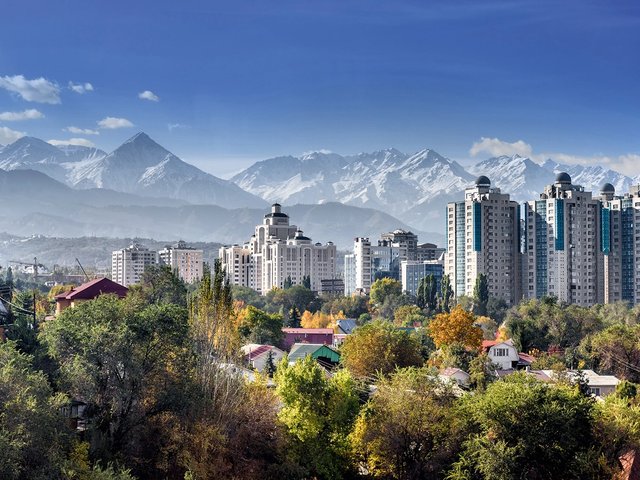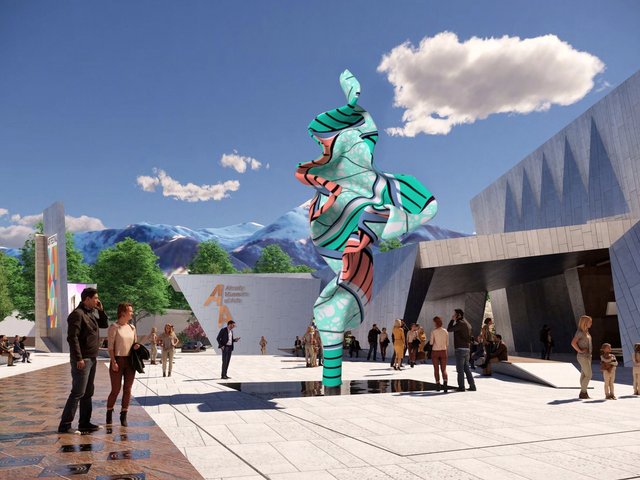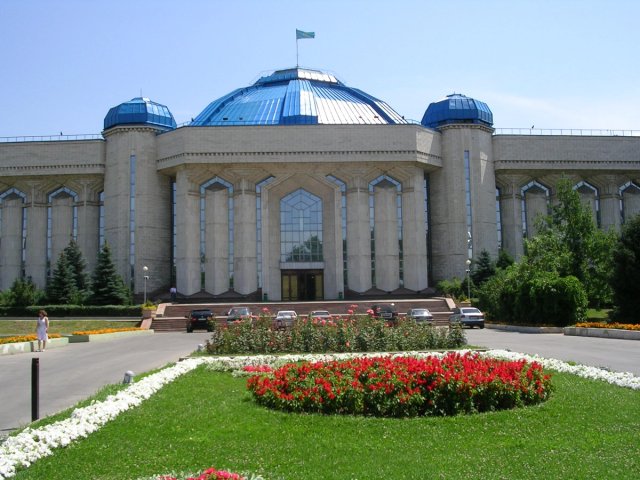The largest Soviet-era cinema in Central Asia is to open its doors to the public after being transformed by British architect Asif Khan into the new permanent home of the Tselinny Center of Contemporary Culture.
Located in Kazakhstan’s largest city of Almaty, an opening programme of exhibitions, performances and panel discussions titled Barsakelmes will take place from 25 April, examining issues around ecology, climate change and Kazakh identity. The new venue launch coincides with the opening of another institution, the Almaty Museum of Arts, which will house more than 700 artworks by Kazakh and Central Asian artists and opens this summer.
Jamilya Nurkalieva, director of the Tselinny Center of Contemporary Culture told The Art Newspaper that the growth of the country’s cultural sector is a sign of its progress since achieving independence from the Soviet Union in 1991. “Both institutions are so well deserved,” she says.
“Kazakhstan has been an independent country for more than 30 years, and now we are more than ready to think and create in a public space, in the public sphere. Our society is healthy and ready to propose such initiatives to the city, to change the infrastructure, to bring forward artistic production, to raise the new generation of artists, curators, scholars and collectors, to form this new meaning of what Kazakh contemporary culture is.”
The word Tselinny, which was also the name of the original cinema, is a Russian term for “underdeveloped land”. In the 1950s the Soviet regime saw northern Kazakhstan as a barren space ready for cultivation, industrialisation and resettlement to solve the Soviet agricultural crisis. The Kazakh people, however, saw the area—which includes the Kazakh steppe, among the largest dry steppe regions in the world—as sacred and at the core of their national identity, allowing the nomadic movement of people, animals, goods and ideas.
These competing visions of Kazakhstan, including the ecological failures of the Soviet era, inform Tselinny’s programme, which focuses on work related to Central Asia's nomadic heritage, the practices of harmonious coexistence with nature and the philosophies of non-waste and no-harm.
Nurkalieva says: “For me Tselinny is not an infrastructure, it is more an opportunity to create. Since we experiment with formats, we always find ourselves in a place of vulnerability, closely watched by our audience: artists, researchers and activists. We are committed to long-term projects with scholars and artists offering sustainable development and support.”
She adds: "We are concerned with creating debate, where the main point is not to validate or rate ideas, but rather to be capable of doubt and to question, developing critical thinking processes and ceaselessly reflecting what it is to be a human in our society, in a state, or in space and time.”
The new venue will also be hosting the second edition of the Korkut Sonic Arts Triennale from 6 September. The Triennale is dedicated to contemporary forms of sound art, performative listening practices, experimental and avant-garde music and oral genres. It will be curated by Stas Shärifulla, also known as HMOT, an artist-researcher based in Basel working with sound and decoloniality and will feature around 20 artists, predominantly from Asia and the Middle East.






